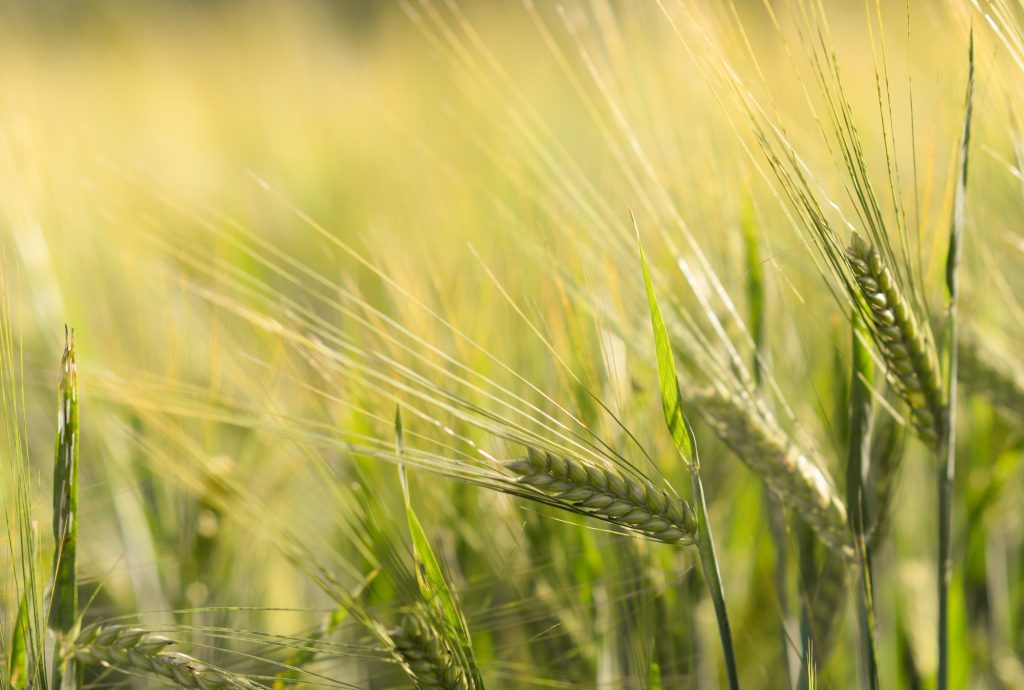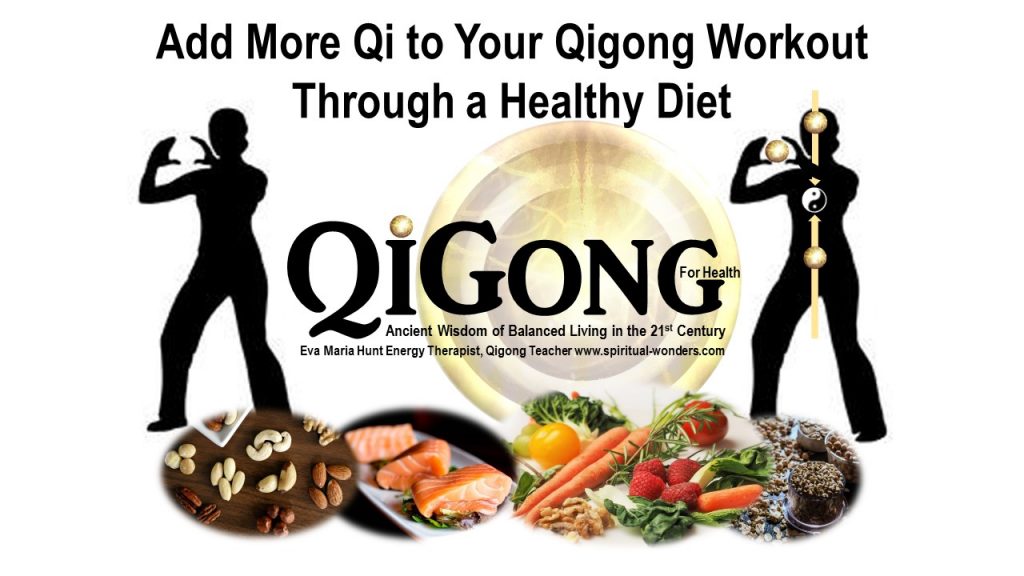What counts as a healthy diet?
You have so many different eating regimes to chose from: paleo, keto, raw, vegetarian, vegan, etc., and all come with pros and cons. However carefully you choose your ingredients you really cant be sure how your food was treated before it got to you. The meat can be full of hormones, the vegetables can be treated with chemicals, even the water you drink contains so many things, which shouldn’t even be there. I recently read an article that stated two-third of the Earth’s rivers they have found antibiotics in. It is really scary, and one more reason I am so happy to be a qigong teacher and someone, who practices different styles of qigong exercises on a regular bases to prevent illness and increase health.
The general goals of a Qigong diet are very similar to any good diet you wish to execute:
- Improved health
- Increased Qi
- Long-term maintenance of your best weight, based on your age and body type.
The best diets are the ones, which are sustainable, giving you a chance to not only gradually lose weight and reach your ideal weight, but also allowing you to turn it into a new, healthy life style, which stays with you for the rest of your life.
Life’s challenges alter your habits
I have been conscious of my health for almost 3 decades now. Eating what is good for my body and exercising at least 4 times a week. However after my 40th birthday it started to be increasingly difficult to maintain my ideal body weight. When I got diagnosed with frozen shoulder at age 48, more than a year ago, I wasn’t able to exercise. I did go gluten-free to reduce the inflammation in my body, I decreased my sugar intake, but my love of baking resulted in many delicious, now gluten-free experiments. Add this to the lack of exercise and you get my recipe for disaster, putting on lots of weight.
Although I lost 90% of the movement in my right arm temporarily, and I was in pain almost constantly and never gave up practising and teaching qigong. This beautiful self-healing art helped me heal physically, mentally and emotionally at a much faster rate than usual.
21 days Hormone reset diet
A few months ago, when I could start with short exercises, I decided it is time for a life style change. So I went on a 21 days hormone reset diet, closely monitoring 7 hormone changes in my body, by eliminating a food group for 3 days at a time from my diet. This way I could work out what speeds up my weight loss and what slows it down.
This diet also meant to keep my carbohydrate intake 20 – 49 g per day, which I gained from vegetables only. I ate nuts and limited amount of fruits, lots of fish, meat and dairy products.
Not having carbohydrates from pasta, rice, potatoes, sweat potato, bread, cakes, etc. was a really big change for me. After the 21 days I have introduced a minimal amount of carbohydrates in the form of consuming 1 beetroot or sweet potato wrap once or twice a week.
Qigong Diet and Grain Avoidance?
However I was never keen on eating much meat, my diet was at least 50% carbs throughout my life, so I really wanted to find a way to reduce meat and up the carbs a bit. This is when I have found in Kenneth S. Cohen’s The Way of Qigong book the Qigong diet.
For first glance qigong diet is about grain avoidance. However qigong’s history goes back 4000 years. As we adapt the original exercises to our busy, 21st century life, so the diet needed to adjust, as Kenneth Cohen explains it in his above mentioned book.
What is the problem with eating too much carbohydrate?
I personally believe that if any diet asks you to go to any extreme that cannot lead to balanced health. So I really like his approach. Eating too much carbohydrates, more than 45% of your diet makes you become:
- Overweight
- Tired
- Malnourished
- Miserable
Because it weakens and diminishes the qi. Therefore you cannot reach Mind-Body health if you eat too much grain. However having the right amount and type of carbohydrates increases your energy and it is much better for you, than eating fat or meat excessively.
The guidelines for the Qigong diet:
- it is about eating 80% vegetarian food and 20% meat or seafood
- making sure you eat 30% protein, 40% carbohydrate and 30% healthy fat from nuts and fish, etc. during the day
- gradually decreasing and keeping your calories to 1800 kcal/day for women and 2000 kcal/day for men and making sure you eat nutritious food
- eating fresh, local, seasonal and natural food
- taking vitamin and mineral supplements
- drinking lots of water and tea
Needless to say keeping your sugar intake low is an absolute necessity and really hard to do. Not because you don’t have the willpower, but because there is sugar used in pretty much everything. Checking the labels of every food you want to eat gives you a shocking awakening. I am lucky in the sense I love cooking and I cook from scratch 90% of the time, so I control how much sugar, if any goes in the food we eat.
As an energy therapist I do believe all of us are different energetically. So be creative, experiment with what works for you and stick with a healthy plan. You will feel so much better, will have much more energy and you can take your qigong practise up many levels, when your body has the right fuel / nutrition. Enjoy!
With love
Eva
Eva Maria Hunt
Energy therapist, Qigong teacher





